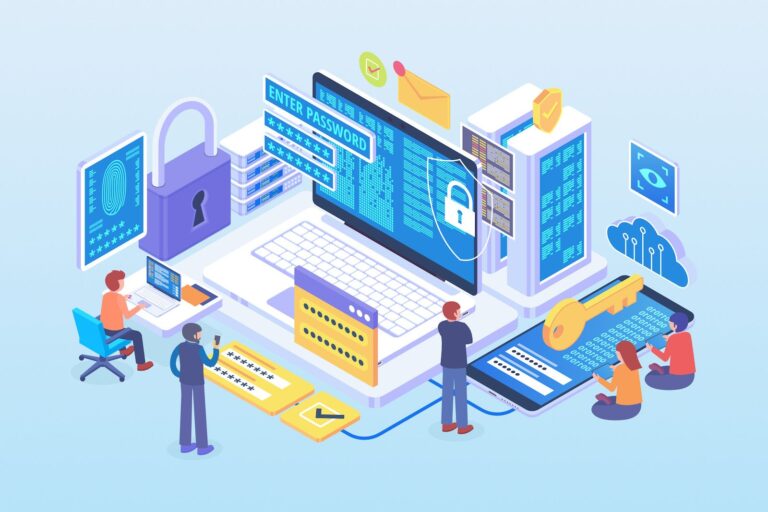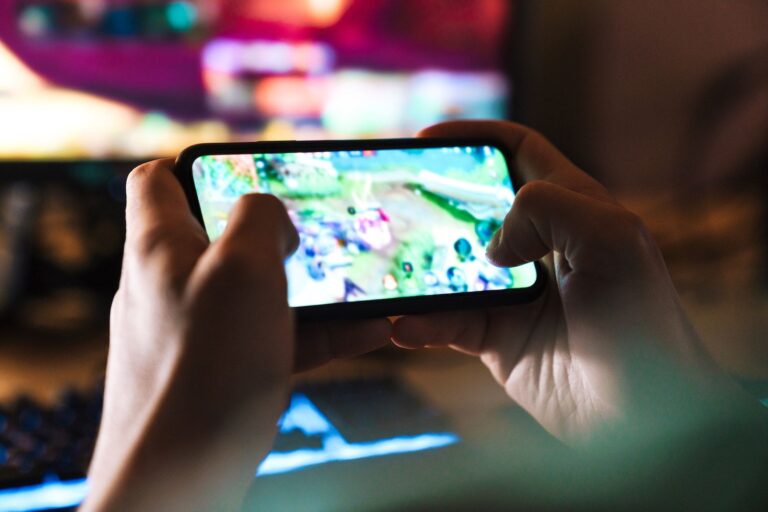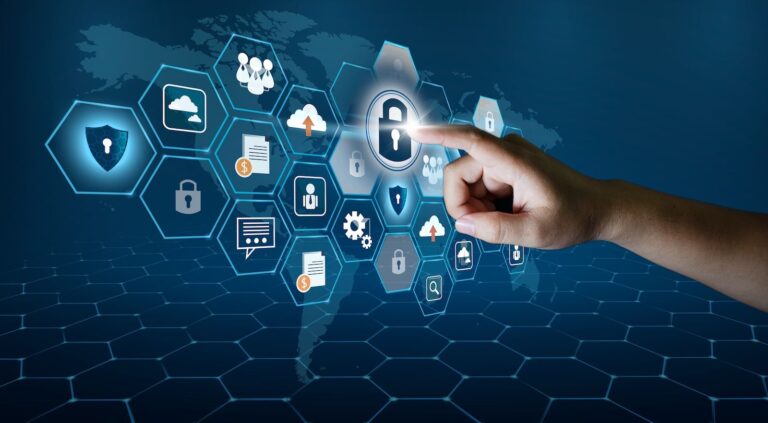There are many questions that go into the decision of whether to buy a VPN. How much data do you need to protect? What devices do you want to use it on? Are you comfortable with the security risks? In this article, we will answer all those questions and more. We’ll also discuss when is the proper time to start paying for a VPN subscription.
👋 This post contains affiliate links, and I may earn a commission at no extra cost to you.
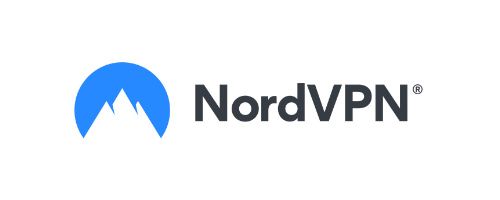
Special NordVPN Offer!
Starting at just $2.99/month!
Get VPN protection from NordVPN, one of the most reliable VPN companies in the world!
A VPN is (still) great at protecting your privacy
A VPN, or Virtual Private Network, is a type of technology that allows you to create a secure connection to another network over the Internet. VPNs can be used to restricted websites, shield your browsing activity from prying eyes on public Wi-Fi, and more.
However, one of the main reasons why people use VPNs is to protect their privacy. By routing your traffic through an encrypted tunnel, a VPN can keep your online activity private from your ISP, government agencies, and other third parties. In an age where data is increasingly being monetized, this is a vital feature.
After all, you shouldn’t have to worry about selling your data every time you go online. With a VPN, you can browse the internet with confidence, knowing that your privacy is protected. In other words, having a VPN is worth it!
Is a VPN worth getting in 2022?
It seems like every day there’s a new cyberattack, compromising personal data and privacy. From the WannaCry ransomware attacks to the recent Facebook scandal, it feels like the internet is getting more and more dangerous. And it’s not just large companies that are being targeted – individuals are increasingly at risk as well.
One of the biggest dangers of the internet today is that it’s so easy for criminals to steal our personal data. All they need is a little information like our name and email address, and they can start wreaking havoc. They can access our bank accounts, steal our identities, or even post embarrassing things online without our knowledge.
The good news is that there are steps we can take to protect ourselves from these online threats.In 2022, I think it’s safe to say that everyone will need a VPN to protect themselves from the dangers of the internet.
There are two types of people: those who want to buy a VPN now to protect themselves from these dangers, and those who will buy it only after they’ve been attacked by hackers. Is a VPN required in 2022? Yes, absolutely! The sooner, the better.
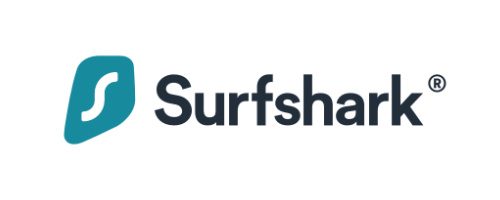
The Best VPN Deal for 2024!
82% off + 2 Months Free
Is a VPN worth it for the average person?
All people, when using computers and mobile communication devices, store, send, and retrieve personal information.
If you are online through your ISP (internet service provider), public Wi-Fi, or your mobile internet connection, your web browsing habits, IP address and internet traffic are tracked and logged.
VPNs are becoming more popular as people become more aware of the dangers of being connected to the internet. While there are many free VPNs available, for most people, a paid VPN is worth it.
A VPN can provide privacy and security when using public Wi-Fi networks, and can help protect against online threats. It can also be used to access blocked websites and to bypass censorship.
VPNs are not perfect, but they can provide a level of protection that is not available with a standard internet connection.
All your personal data is valuable, and it deserves to be protected. That’s why using a VPN is a smart idea for everyone.
Do VPNs really protect you?
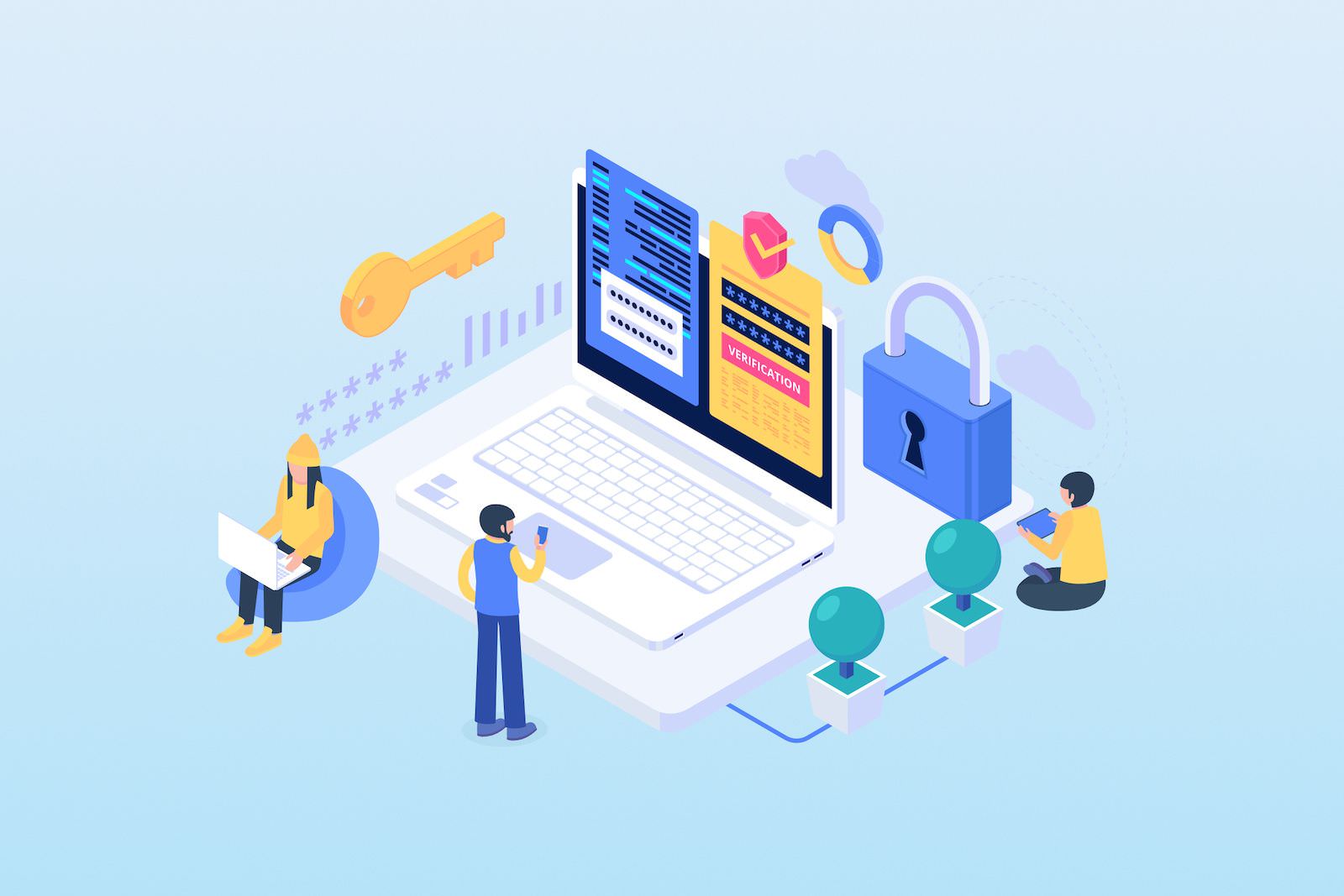
The real question is, though, do VPNs actually protect you? The answer is in general yes, but it’s worth reading more on the topic.
VPNs are useful for safeguarding your data, but they aren’t perfect. There have been cases of VPN companies, even some “premium” ones, selling user data to third-party companies and governments.
There have also been cases where VPNs that promised to record no logs or data about their customers, ended up proving data and logs to various government entities, thus casting a shadow of doubt on the entire industry.
In addition, many free VPNs are not as secure as they seem and can be used by hackers to steal information from your computer.
In most cases, paid VPNs are more secure than free ones because they have stricter policies about how they handle customer data and their servers are better protected against attacks like DDoS.
Do VPNs actually do anything?
At the same time, even if one uses a VPN, it’s hard to tell just after a few days of usage if the VPN is doing anything at all.
The biggest benefit to using a VPN is anonymity and privacy, but many people forget that when they buy a subscription. They buy it because they think it will protect them from hackers or help them bypass geo-restrictions on websites like Netflix US or BBC iPlayer.
While a VPN can unlock geo-restricted content and increase protection against hackers, it will not eliminate all online threads.
A VPN will not protect you from malware or viruses, and it may still be possible for websites to track your internet activity and even your real IP address if they buy data from advertising companies like Google AdSense.
Why you may not want a VPN
There are many reasons not to buy a VPN subscription. Some people simply don’t see the value in it, while others think they’re too expensive or have concerns about privacy and security.
For others, the biggest reason is that they think they can use free VPNs without any problems at all. On the surface, this might seem like a good choice. After all, there’s no point in spending money on something you can get for free.
There are other options like the TOR browser, which gives you anonymity online while still letting you access sites like Amazon and Facebook.
Some people argue that if they do not do anything illegal on the internet, then they do not need to use a virtual private network and the protection it offers.
Are VPNs a waste of money?
No wonder some people think that buying a VPN service is a waste of money. One of the most asked question is: “Is a VPN worth getting?”
For the average person, a VPN may not seem like a necessity and there are other ways to protect your data like using an ad blocker or browser extension.
However, for people who frequently use public Wi-Fi or need to access restricted content, a VPN is a great way to add an extra security layer to their online activity.
Is VPN necessary at home?
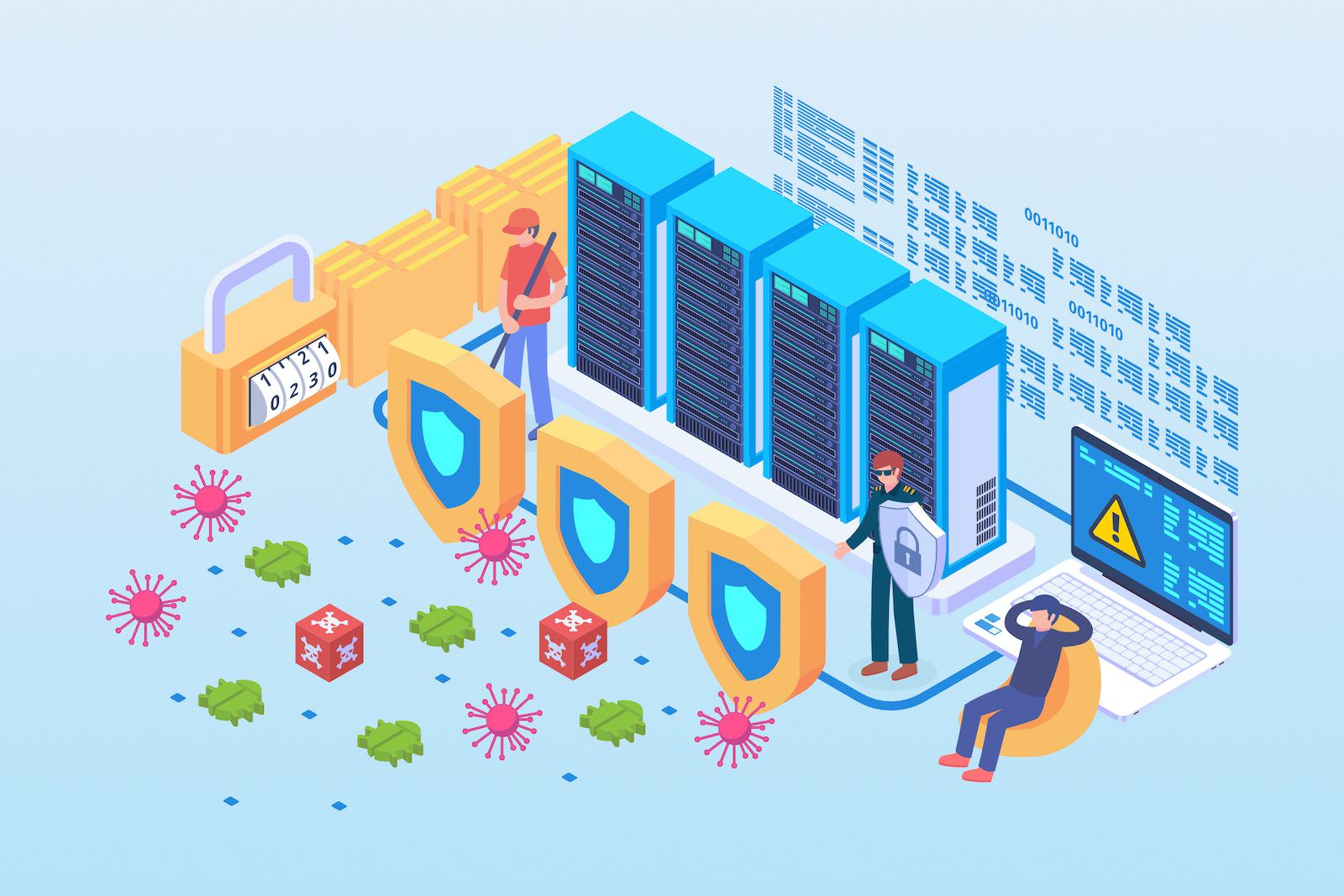
Many people ask: “Is a VPN worth purchasing if you don’t travel?” I think, regardless of your location, a VPN is a must nowadays.
We have just learned today the shocking news that the CIA, out of all entities, is spying on Americans! This news alone should give anyone a pause and make them seriously consider protecting themselves from the government.
Besides the government, your internet service provider (ISP) is also monitoring everything you do online, and they record your browsing history and the timing for all your online activities as well.
While no VPN is 100% effective, it helps protect a lot of our communication and a lot of it happens at home, especially for those of us who work from home offices.

Special NordVPN Offer!
Starting at just $2.99/month!
Get VPN protection from NordVPN, one of the most reliable VPN companies in the world!
Can VPNs hide your location?
Many people buy a VPN to hide their location. However, when you buy a subscription, you should be aware that there is no guarantee that the service will be effective at hiding your location and keeping it hidden from prying eyes like hackers or government agencies.
If the website you visit determines your location by analyzing your IP address, then your location will be hidden when your VPN connection is active, but it will be visible when your connection is not active.
However, websites, web applications, and mobile apps can figure out your location without analyzing your IP address – for example, on mobile devices they may use your location data provided by the phone you use.
The bottom line is that a VPN will partially hide your location and your IP address, but it is not 100% effective.
Do VPNs protect against malware?
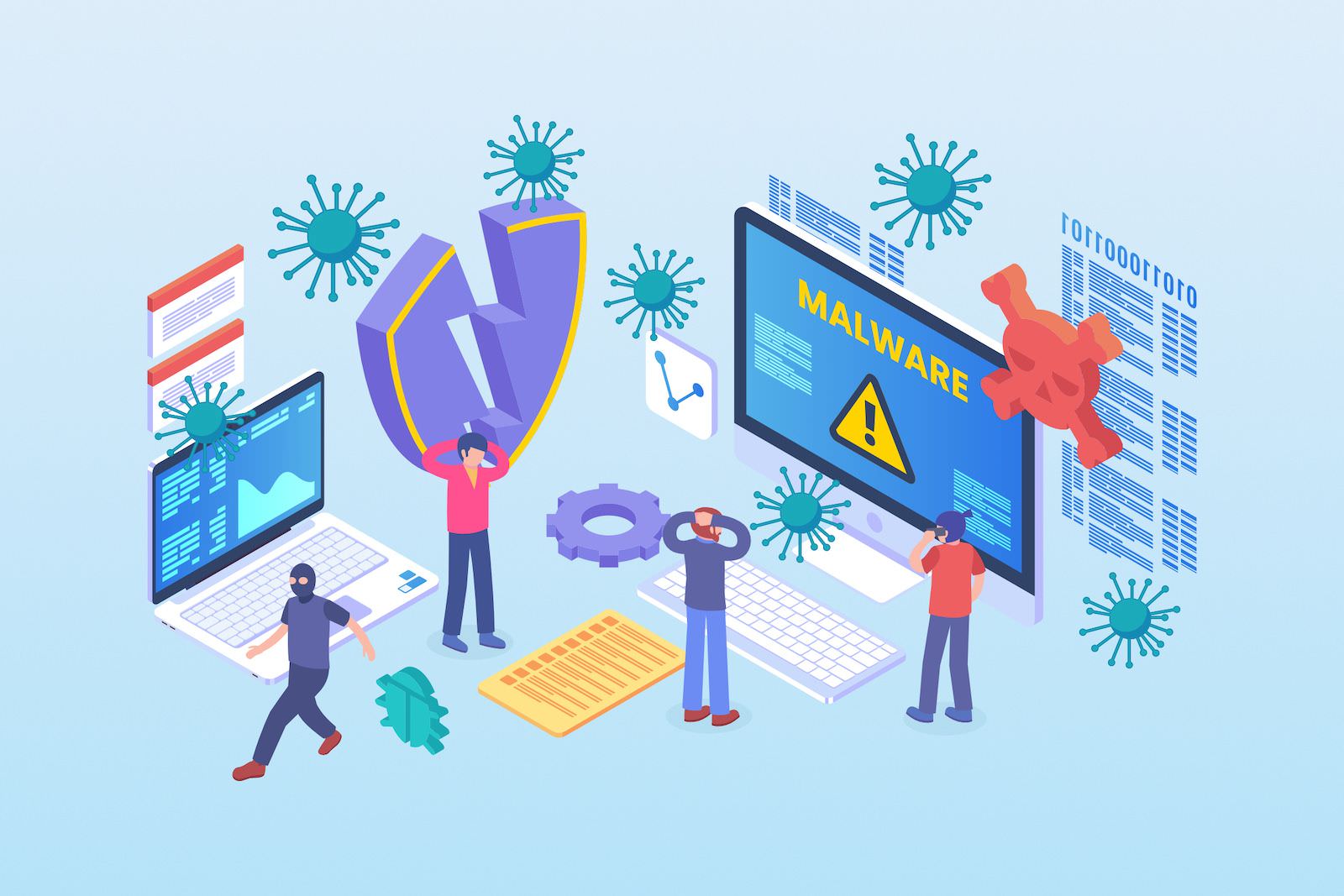
A VPN by itself will not protect you from malware attacks, however, a lot of VPN companies offer this feature within their mobile or computer apps. They usually do this by blocking known malware websites, blocking trackers, and phishing sites.
But, a VPN combined with an ad blocker, a tracker blocker, a privacy-focused browser, and some healthy browsing habits will go a long way in protecting and avoiding malware attacks.
Is VPN safe?
VPN is safe to use, as long as you use the services of a well-respected company on your devices. However, remember that your security depends on the VPN provider and how secure their servers are.
Unfortunately, if your VPN server gets hacked or even if the company itself sells out user data to third parties, there is not much you can do to protect yourself.

Special NordVPN Offer!
Starting at just $2.99/month!
Get VPN protection from NordVPN, one of the most reliable VPN companies in the world!
Is it better to use a free VPN or no VPN?
If you would like to use the VPN to enhance your online privacy, free VPNs make no sense. As we know, there is no such thing as a free service, and you will end up paying for the service one way or another – if not with cash, with your data.
When using free VPNs, you are trusting the service provider with your data, and there is no guarantee that they will not sell it to third-party advertisers or government agencies.
On the other hand, if you are using a VPN for activities like torrenting or streaming TV and movies, then a free VPN may be a good solution. Just make sure to choose one of the popular ones to avoid scams. In most cases, it’s entirely worth it to pay for a VPN service.
Tips for using a VPN to Stay Safe Online
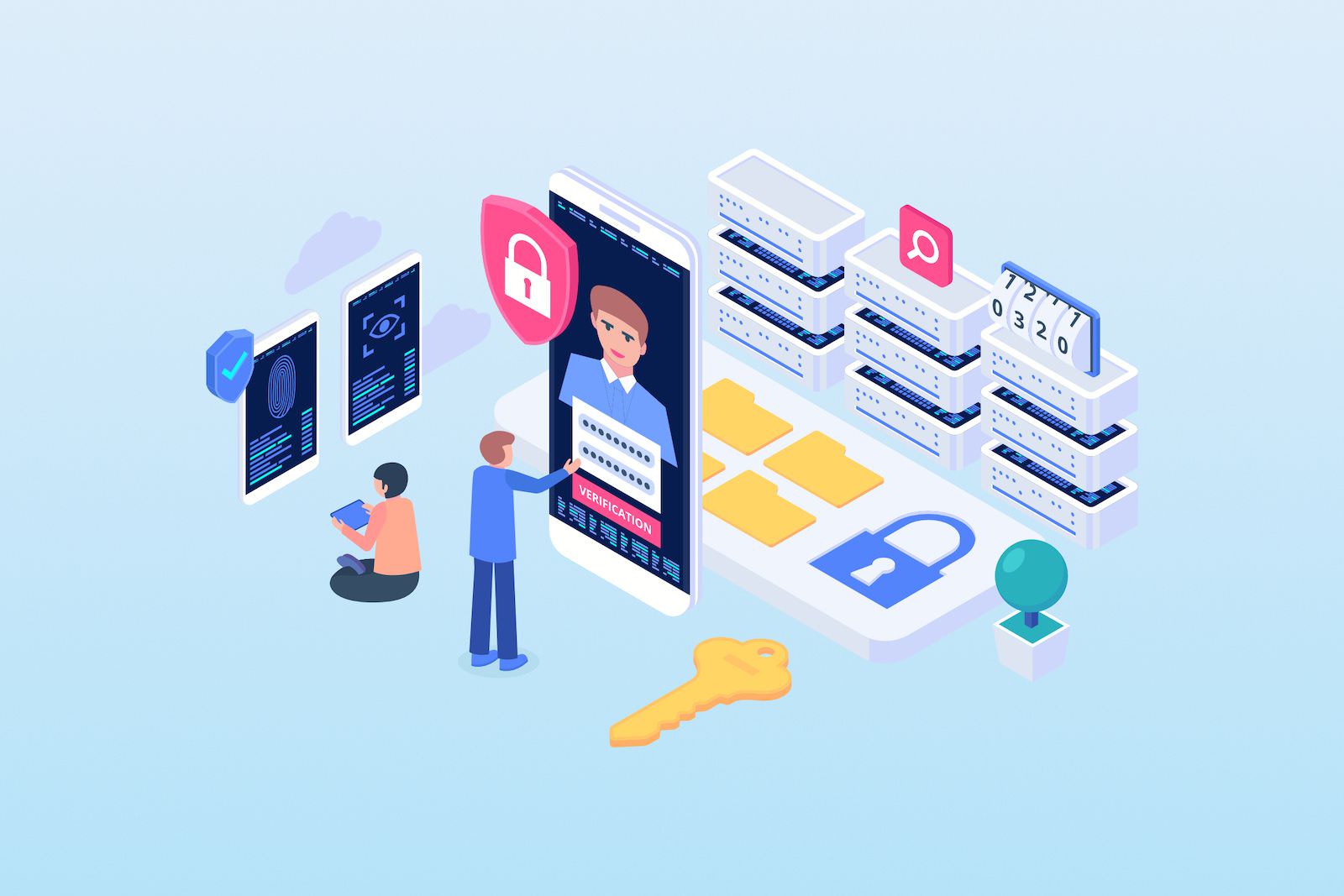
If you decide to buy a VPN, make sure it’s from a reliable provider. You must buy the VPN service from a company with an excellent reputation online. The last thing you want to happen is to pay for a company that takes your money and also sells your data to third parties.
Set up the connection in such a way that your data is protected even if the VPN connection drops out unexpectedly. This will protect your data if something happens and your device loses its internet connection or stops working for some other reason – like an unexpected reboot.
Use a VPN on devices that you trust and are not likely to get hacked. For example, don’t use your work laptop to buy a subscription for a personal VPN service.
Be careful when using free VPN services – as we know, there is no such thing as a free lunch! Always do your research before signing up for one.
Make sure to use a VPN when accessing public Wi-Fi hotspots. These are notoriously insecure and can easily be hacked by criminals looking to steal your data. A good VPN will encrypt your traffic and keep it safe from prying eyes.

The Best VPN Deal for 2024!
82% off + 2 Months Free
What are the disadvantages of VPN?
While a VPN will protect your connection and encrypt the data you send and receive on the internet, it will not help with building better browsing habits. Unfortunately, many people believe that by simply using a reputable VPN service, and they are always using the service, they are automatically free of any dangers on the internet.
Another disadvantage is that people rely solely on the VPN to enhance their online privacy. While a VPN is a great tool, it’s not the only one. And if you’re not using other security measures as well (like an antivirus and ad blocker, private email, secure online storage solutions, etc.), then your data could still be at risk.
Can VPNs bypass censorship?
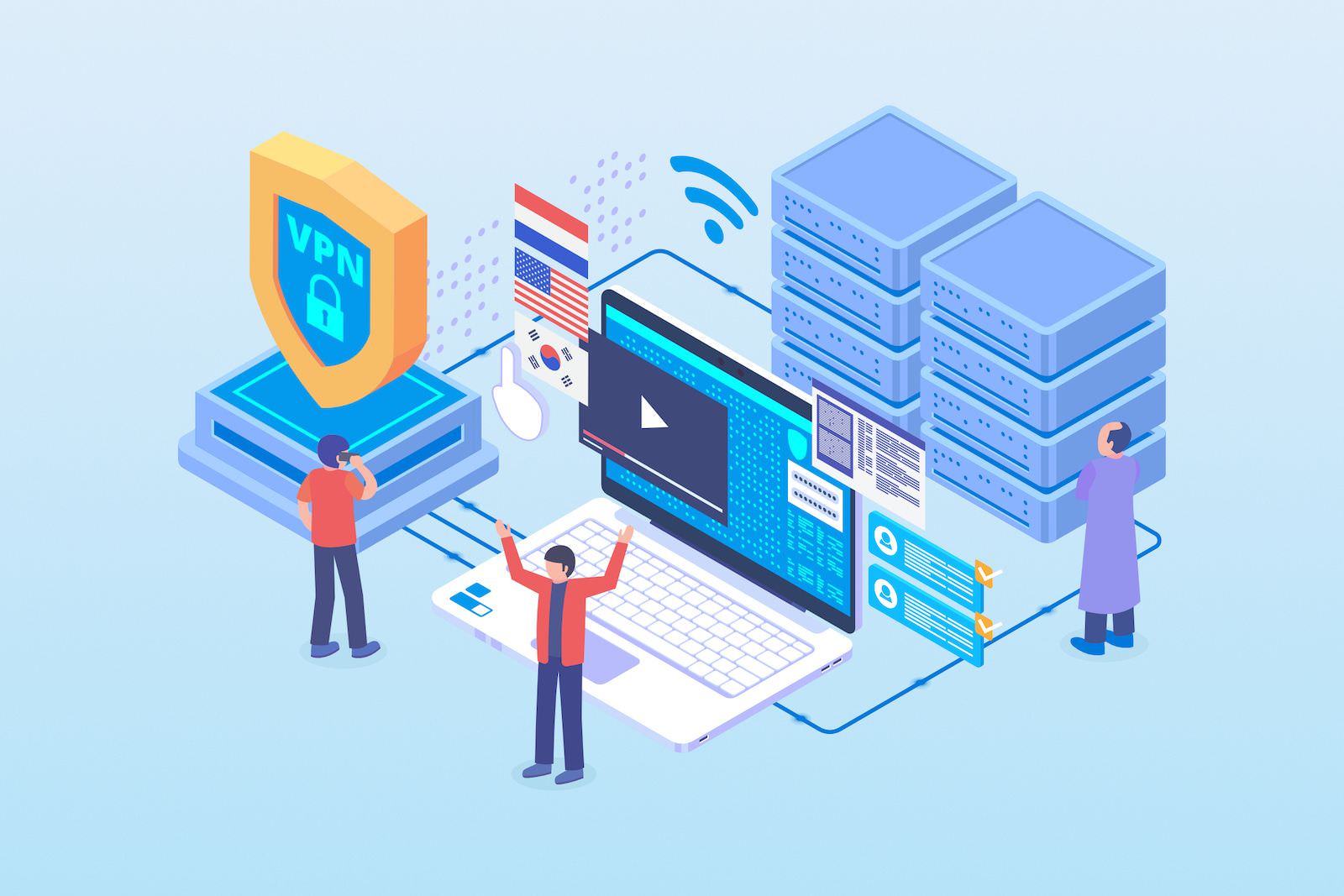
VPNs can bypass censorship, and in numerous cases, this is the reason people buy them. For example, you might be living abroad and want to access content that is not available in your country. So by using a VPN service with servers located somewhere else, you can bypass those restrictions.
But keep in mind that while VPNs are great for bypassing censorship, they can also be used by the government to track and spy on your online activities and monitor your IP address. So, always use a VPN with caution and make sure you trust the service provider.
VPN services are not just for privacy-minded people – they can also be used for activities like torrenting and accessing streaming services.
And lastly, use a VPN when accessing Wi-Fi hotspots – these are notoriously insecure and can easily be hacked by criminals looking to steal your data. A good VPN will encrypt your traffic and keep it safe from prying eyes.
When can a VPN help?
A VPN may allow you to access restricted content or circumnavigate government restrictions. For example, if you buy a VPN service with servers located somewhere else in the world, then that means your local government can’t block them (because they don’t have jurisdiction over those places).
A VPN will also be helpful when using public hotspots – these are notoriously insecure and can easily be hacked by criminals looking to steal your data. A good VPN will encrypt your traffic and keep it safe from prying eyes! So, always use caution when logging onto any network connection that is not secure.
A VPN can also help with activities like torrenting and streaming TV and movies. Just make sure to choose one of the popular ones to avoid scams.
For example, you may want to access the BBC iPlayer when travelling in Europe. A VPN would be perfect for the task!

The Best VPN Deal for 2024!
82% off + 2 Months Free
What happens if you don’t have a VPN?
If you don’t have a VPN, and you’re using Wi-Fi hotspots, then your data is at risk of being stolen by hackers. And if you’re living in a country with restrictive censorship laws, then you won’t be able to access blocked content.
On the flip side, your internet connection will probably be faster than when using a VPN service.
Final words
VPNs are not just for privacy-minded people – they can also be used for activities like torrenting and streaming TV and movies. If you buy a VPN service, make sure to buy it from a reputable company that has a good reputation online.
Thanks for reading!

